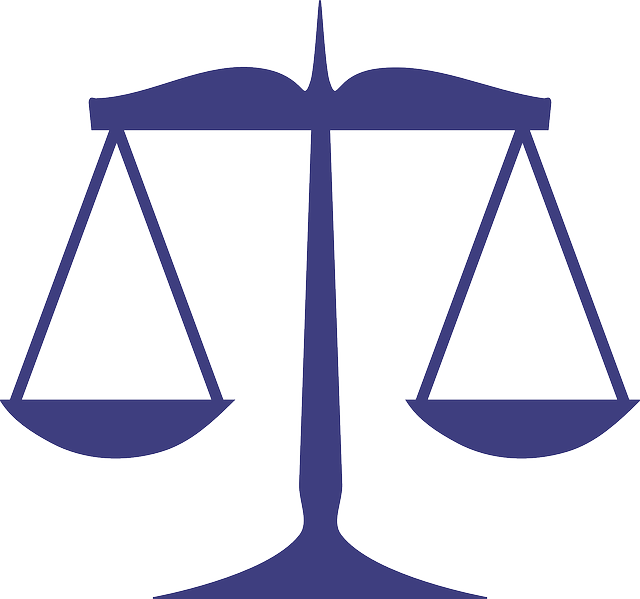The RF Securities Industry Regulation framework guides fairness and integrity in financial markets, impacting both industry professionals and employment law complainants. To navigate this, individuals must identify relevant regulatory bodies like the SEC, document and collect evidence for complaints, then submit detailed reports to authorities. Proper documentation is key, especially in high-stakes cases, supporting claims of discrimination or breach of contract. Following specific steps to file an employment law complaint, which includes submitting written statements, initiates investigations that could lead to charges being dropped. Strategic navigation through the regulatory process after filing can result in settlements, resolutions, or court interventions, emphasizing the importance of understanding legal frameworks and adaptability for positive outcomes within diverse communities.
The RF Securities industry, a cornerstone of global finance, operates under stringent regulations designed to protect investors and ensure fair markets. Understanding the intricate web of rules governing this sector is paramount for participants. This article guides you through the process of navigating employment law complaints within the RF Securities landscape. From grasping the regulatory framework to filing complaints efficiently and managing post-filing expectations, discover practical steps to ensure compliance and resolve disputes effectively, including detailed insights on steps to file an employment law complaint.
- Understanding RF Securities Regulation Framework
- Preparing Documentation for Employment Law Complaints
- Filing the Complaint: Steps and Procedures
- Post-Filing Actions: Expectations and Outcomes
Understanding RF Securities Regulation Framework

The RF Securities Industry Regulation framework is a comprehensive set of guidelines designed to ensure fairness, transparency, and integrity in the financial markets. Understanding this regulatory landscape is crucial for both industry participants and those seeking recourse through employment law complaints. The process begins with identifying the relevant regulatory bodies, which vary based on the nature of the securities and geographical location. For instance, in the US, the Securities and Exchange Commission (SEC) plays a pivotal role in regulating securities transactions, while other countries have their equivalents.
Once the regulatory framework is grasped, individuals facing employment issues within the industry should follow specific steps to file an effective complaint. This involves meticulously documenting all interactions, collecting relevant evidence, and submitting a detailed report to the appropriate authority. By navigating these initial stages of the investigative and enforcement process diligently, individuals can set in motion a series of events that may lead to resolving disputes, avoiding indictment, or even jury trials, ultimately ensuring their rights are protected within the RF Securities Regulation framework.
Preparing Documentation for Employment Law Complaints

Preparing adequate documentation is a critical step when navigating employment law complaints, as it forms the backbone of any legal case. The process involves gathering all relevant information and evidence pertaining to the dispute. This includes employment contracts, performance reviews, communication records, and any policies or rules that may be applicable. Documenting timelines, key events, and decisions related to the complaint is essential.
When filing an employment law claim, whether for discrimination, harassment, or breach of contract, the documentation should outline the sequence of events, the nature of the dispute, and potential remedies sought. This process is particularly crucial in high-stakes cases involving corporate and individual clients, ensuring a solid foundation for legal representation throughout all stages of the investigative and enforcement process.
Filing the Complaint: Steps and Procedures

When it comes to RF Securities Industry Regulation and employment law disputes, one of the crucial steps is filing a complaint. This process can be complex, but understanding the steps to file an employment law complaint is essential for individuals seeking justice. The journey begins with gathering all relevant documents, such as employment contracts, performance evaluations, and any communication that highlights the alleged violations. These records are vital in supporting one’s claims during the subsequent legal proceedings.
The procedure involves submitting a detailed written statement to the appropriate regulatory body or court, outlining the employee’s experience. In high-stakes cases, it’s wise to consult with an experienced attorney who can guide through this process, ensuring every step is taken correctly. This initial filing sets in motion the official investigation, which may lead to achieving extraordinary results, including a complete dismissal of all charges against the accused party.
Post-Filing Actions: Expectations and Outcomes

After filing an employment law complaint, the journey doesn’t end there. The regulatory landscape post-filing demands a strategic approach to navigate expectations and achieve favorable outcomes. It’s crucial to understand that this process involves meticulous steps, from initial review of the complaint to its resolution.
Regulatory bodies, often supported by general criminal defense attorneys, meticulously examine the allegations. This investigation delves into all stages of the investigative and enforcement process. The outcome may range from a settlement agreement where both parties find common ground, to more formal resolutions or even court interventions. A successful strategy post-filing requires a deep understanding of the legal framework and the ability to adapt to evolving circumstances, fostering an environment beneficial for both employees and employers within the philanthropic and political communities.
The regulation of the RF Securities industry demands a comprehensive understanding of employment laws and their unique application. By navigating through the structured framework outlined in this article, individuals facing employment disputes can ensure they follow the correct procedures, from preparing meticulous documentation to filing complaints effectively. Following these steps to file an employment law complaint is vital to securing justice and achieving desirable outcomes in the post-filing stage. Remember, knowledge of your rights and a systematic approach are key to navigating this process successfully.






